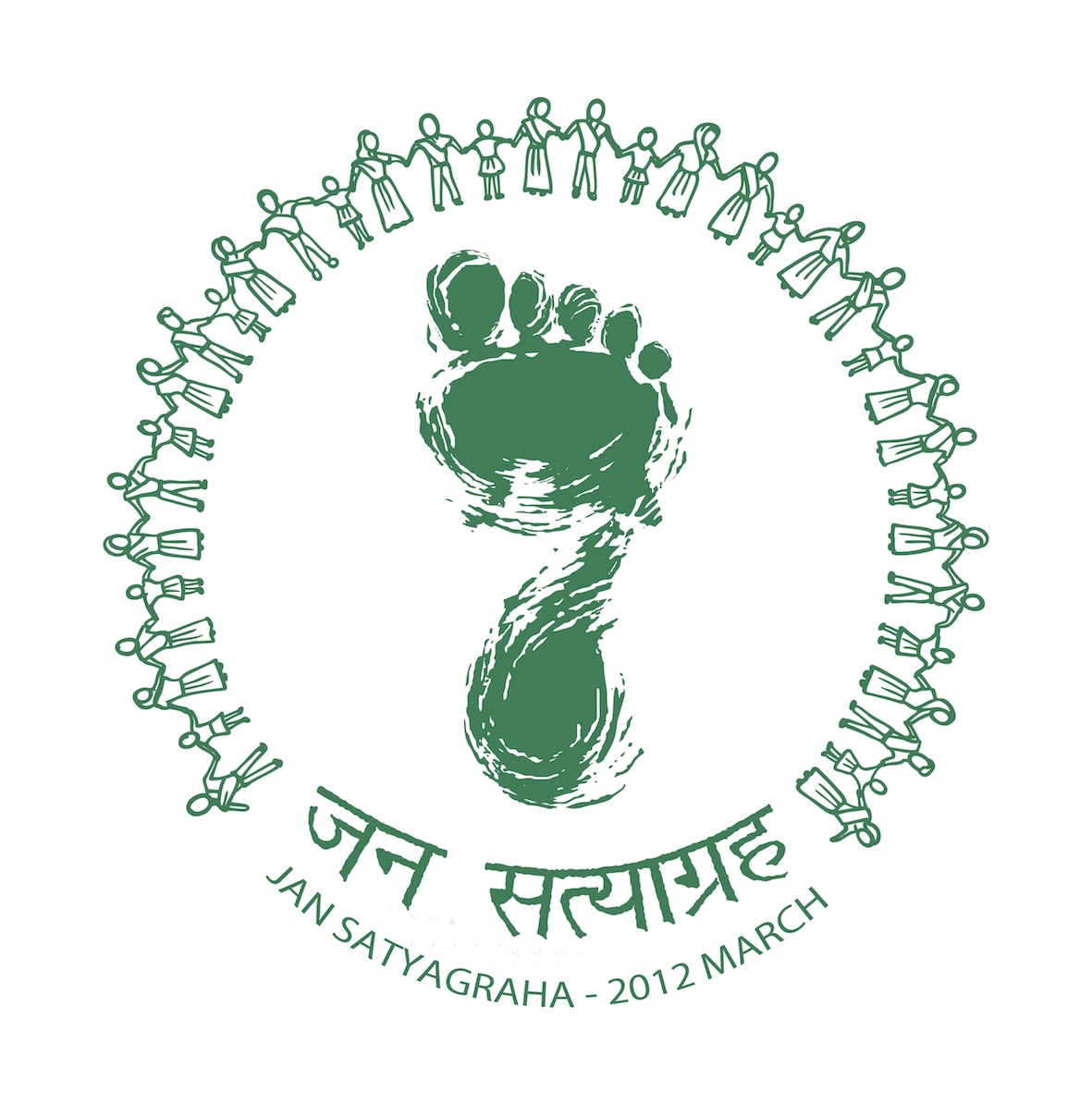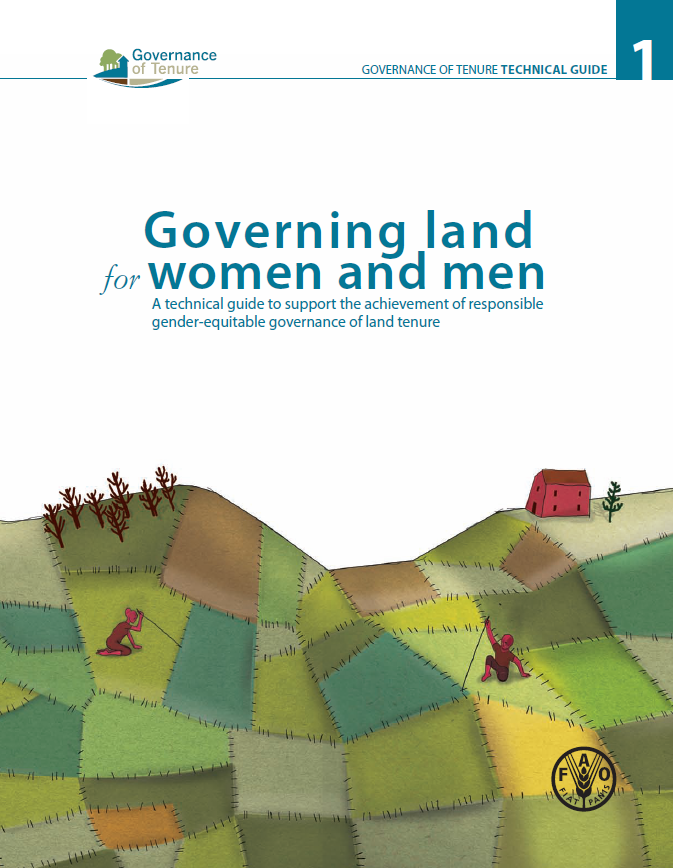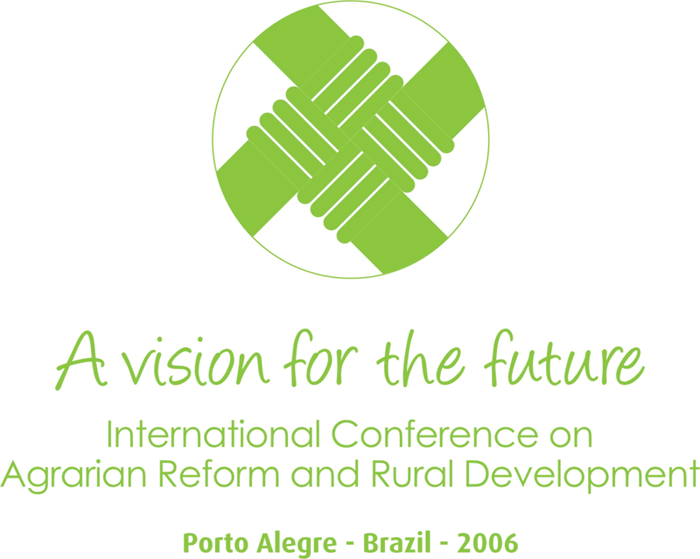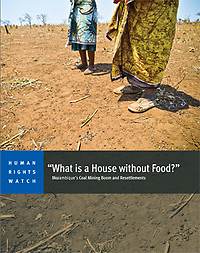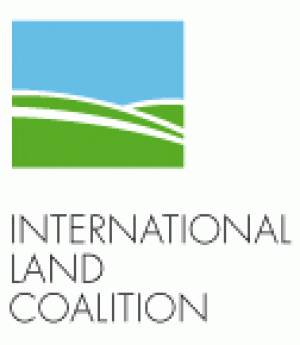Report of the discussion on non-violent struggle and land rights
The report of the discussion that took place online in September 2012 is now online!!! (Special thanks to Andrea...) Check it in the attachement below. Do not hesitate to contact us for more information, we would be glad to recveive more feed back from you. Jai jagat!
HOW CAN THE VOLUNTARY GUIDELINES BE DISSEMINATED AND MADE EFFECTIVE?
Dear participants,
First, I would like to thank you all for your participation and willingness to share with us your experiences and ideas on how to disseminate the Voluntary Guidelines (VGs) and make them effective. Attached you will find the summary of the discussion which tries to capture the richness of your contributions.
Warm regards,
Francesca Carpano, IFAD discussion facilitator.
Land Governance Assessment Framework: South Africa Report
The World Bank recently undertook an in-depth review of land governance and land policy in South Africa, with Land Portal partners Urban LandMark managing the process and implementing a Land Governance Assessment Framework (LGAF) for South Africa.
Governing Land for Women and Men- A Technical Guide to Support The Achievement of Responsible Gender-Equitable Governance of Land tenure
[via FAO] This technical guide aims to assist implementation of the Voluntary Guidelines by providing guidance that supports the Guidelines' principle of gender equality in tenure governance. The guide focuses on equity and on how land tenure can be governed in ways that address the different needs and priorities of women and men. It moves away from long-standing debates about gender equality in access to land, towards the mainstreaming of gender issues to achieve more gender-equitable participation in the processes and institutions that underlie all decision-making about land.
The Role of Local Institutions in Adaptive Processes to Climate Variability
Oxfam International
Farmers and herders in arid regions of Africa face serious challenges in adapting to climate change and variability. They are highly exposed to climate stresses, especially drought, but adaptation to climate change is far from being a clear-cut biophysical or technical problem: it is also a social challenge.
World Bank Land Governance Assessment Framework Newsletter
Below please find the World Bank's Land Governance Assessment Framework February newsletter with updates from Peru and Mauritania. The Land Governance Assessment Framework (LGAF), developed by the World Bank in partnership with FAO, UN Habitat, IFAD, IFPRI, the African Union, and bilateral partners, is a diagnostic tool to assess the status of land governance at country level in a participatory process of 3-6 months that draws systematically on local expertise and existing evidence rather than on outsiders.
“We who live here own the land” - Customary Land Tenure in Grand Cape Mount, and Community Recommendations for Reform of Liberia’s Land Policy & Law
Communities of Grand Cape Mount, Liberia
March 25th, 2013
ICARRD Resources
The International Conference on Agrarian Reform and Rural Development took place in Porto Alegre, Brazil in 2006. A summary Final Report on the conference can be found Here. Attached are the resources, presentations, and papers from the conference.
Land concentration, land grabbing and people’s struggles in Europe
European Coordination Via Campesina and Hands Off the Land Network
Human Rights Watch report on Mozambique
Please find links below to a recent Human Rights Watch report and video on the human rights impacts of coal mining in Mozambique. Our report shows that almost 60% of Tete province, site of large coal reserves, has been allocated for approved or proposed mining licenses. The report examines how serious shortcomings in government policy and mining companies’ (Vale, Riversdale, Rio Tinto) implementation uprooted largely self-sufficient farming communities and resettled them to arid land far from rivers and markets.
Happy to be in touch to provide any additional information.
Rapport de synthèse: «L’aspect genre dans le processus de réforme foncière»
Rapport de synthèse: project de recherche conjointe ILC-SIF-Intercoop/SAHA-PNF
Le but de ce projet de recherche conjointe était de renforcer la connaissance thématique sur les groupes vulnérables, particulièrement les femmes, dans la réforme foncière. Les recherches comprenaient des visites sur le terrain pour enquêter de femmes et d’hommes, en groupes et dans ménages spécifiques ainsi que le personnel des guichets fonciers.


